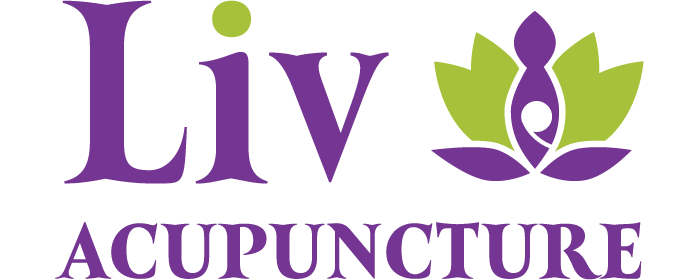In today’s fast-paced world, the quest for mental well-being has become a universal journey. Amid the noise of modern medicine, traditional practices like acupuncture have emerged as a beacon of hope for many. But how does acupuncture play a role in ensuring psychological safety and promoting mental health? Let’s delve into this age-old practice and uncover its relevance in today’s context.
The Essence of Psychological Safety
Before diving into acupuncture’s role, it’s crucial to understand what psychological safety means. At its core, psychological safety is the inner assurance that one can express emotions, vulnerabilities, and concerns without fear of judgment or retribution. It’s a mental space where individuals feel protected, understood, and, most importantly, safe.
Acupuncture: A Brief Overview
Acupuncture is a pillar of traditional Chinese medicine, practiced for over 2,000 years. It involves the gentle insertion of thin needles into specific points on the body. These points are believed to be nodes of energy or ‘Qi’ (pronounced “chee”). The primary goal of acupuncture is to balance this energy, fostering physical, emotional, and psychological well-being.
Acupuncture’s Healing Embrace
Now, let’s bridge the two concepts. How does acupuncture contribute to psychological safety?
- Creating a Safe Space: Acupuncture sessions often take place in calm, serene environments. The ambiance, combined with the practitioner’s empathetic approach, creates a safe haven where patients can relax, reflect, and heal.
- Balancing Emotions: Traditional Chinese Medicine believes that emotional distress can disturb the body’s Qi. Acupuncture aims to restore this balance, indirectly addressing feelings of anxiety, stress, or depression.
- Promoting Mindfulness: The practice encourages patients to be in the moment, fostering a heightened sense of awareness. This mindfulness can be a gateway to understanding and addressing deeper psychological concerns.
- Empathy in Practice: Acupuncturists are trained to listen, understand, and address not just physical but also emotional pain. This compassionate approach underpins the very essence of psychological safety.
Modern Research and Acupuncture
Modern research has started to validate the benefits of acupuncture, especially concerning mental health. Studies have shown that acupuncture can stimulate the production of endorphins, the body’s natural painkillers, and mood elevators. Moreover, it’s believed to have a positive effect on the nervous system, promoting relaxation and combating the negative impacts of stress.
Embracing Acupuncture in the Pursuit of Mental Well-being
It’s clear that while acupuncture is rooted in ancient wisdom, its implications for psychological safety and mental health are deeply relevant today. For those navigating the tumultuous waters of modern life, acupuncture offers a gentle, empathetic, and effective respite.
As the conversation around mental health evolves, integrating traditional practices like acupuncture can pave the way for holistic healing. After all, the journey to psychological safety is as much about looking forward as it is about looking back to age-old wisdom.
Note: Always consult with a healthcare professional before making decisions about any form of treatment. Acupuncture may not be suitable for everyone, and individual experiences may vary.
